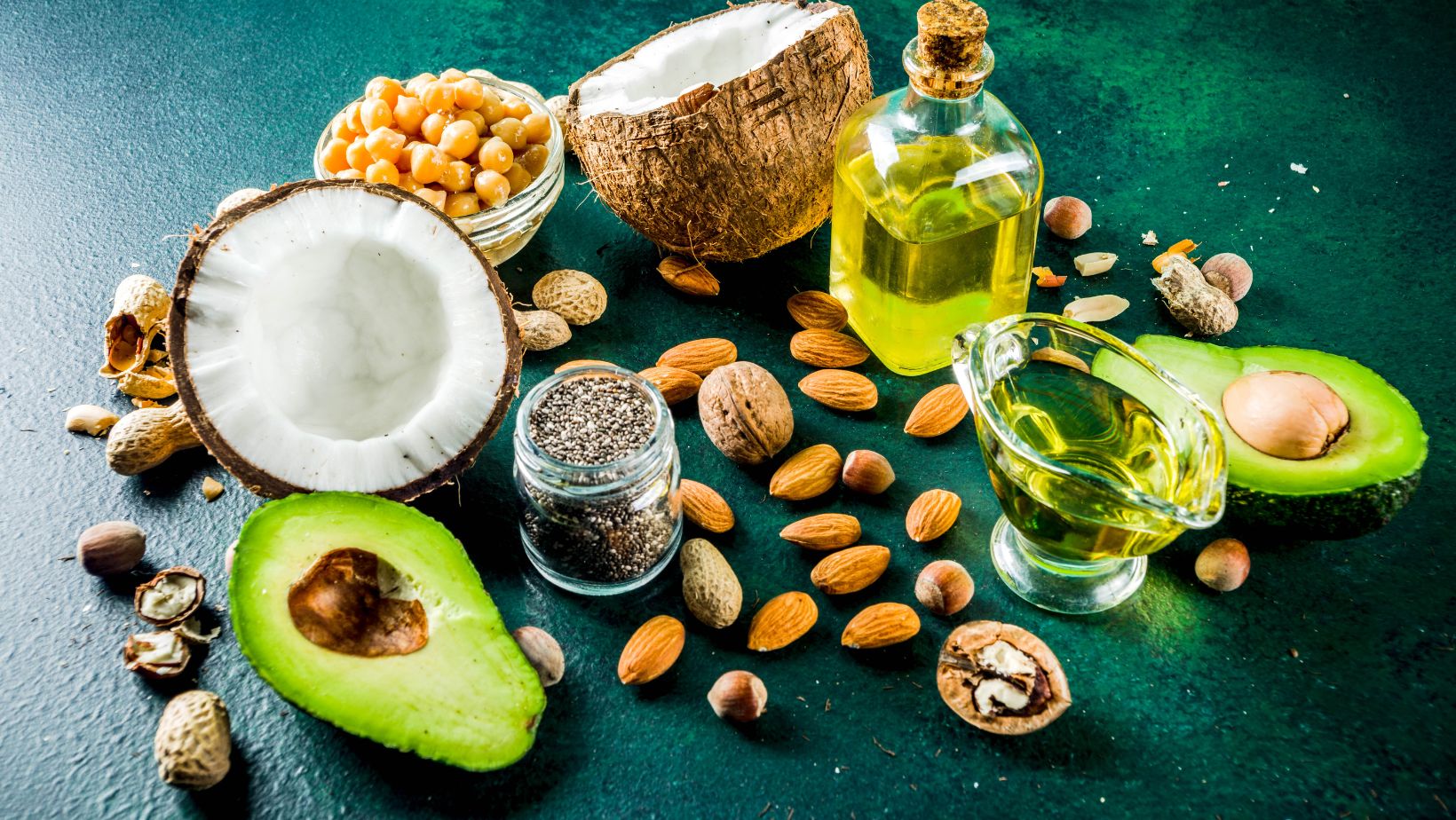
For centuries, animal fats played a key role in human nutrition and traditional cooking, offering numerous health benefits including support for active lifestyles and heart health. Products like Tallow Balm remind us of their enduring value. However, modern misconceptions have linked animal fats to high cholesterol and weight issues.
This shift can be traced back to the rise of Crisco. Before the Civil War, William Proctor and James Gamble formed Proctor and Gamble (P&G), producing candles and soap from lard and tallow. By the 1890s, the meatpacking monopoly had driven up the price of these fats, prompting P&G to explore alternatives like cottonseed oil. Acquiring several cottonseed mills by 1905, P&G developed a hydrogenation process to harden the oil, making it similar to animal fat.
With the advent of electricity reducing candle usage, P&G rebranded their hydrogenated cottonseed oil for cooking. In 1911, they launched Crisco, marketing it as a healthier, more economical alternative to lard and butter. P&G even released a cookbook featuring Crisco-based recipes to promote it as a modern kitchen essential.
Their campaigns portrayed Crisco as cleaner and healthier, targeting housewives and religious groups by advertising it as kosher. This initial perception of Crisco as beneficial persisted until health problems like learning disorders, cancer, and heart disease became apparent. P&G then worked to obscure the dangers of trans fats like Crisco, misleading the public into blaming animal fats for these issues.
Fortunately, the real benefits of animal fats are being rediscovered. Cholesterol found in animal fats is vital for cell membrane structure and hormone production. These fats are rich in fat-soluble vitamins (A, D, E, K), which are crucial for immune function, bone health, and blood
clotting. The Best Tallow Products illustrate the practicality of incorporating these healthy fats.
They also provide omega-3 fatty acids essential for heart health, brain function, and overall well-being. Unlike vegetable oils that oxidize under heat, animal fats like lard and tallow are stable when cooked. Furthermore, they offer Conjugated Linoleic Acid (CLA) with anti-inflammatory and anti-cancer properties, along with arachidonic acid, essential for inflammation and immune response.
Quality matters when it comes to animal fats. Poor diets in animals lead to fat and meat containing toxins, which we then consume. Tallow, derived from cow fat, is beneficial both for internal health and skin care due to its compatibility with our body’s absorption process.
It’s time to embrace the substantial health benefits of animal fats and reintroduce them into our diets, correcting the misconceptions propagated by corporate interests over the years.













